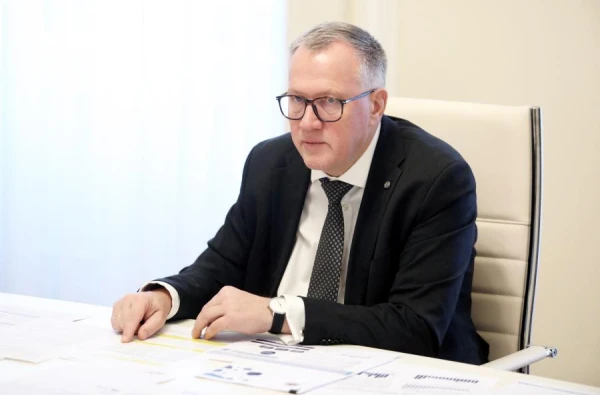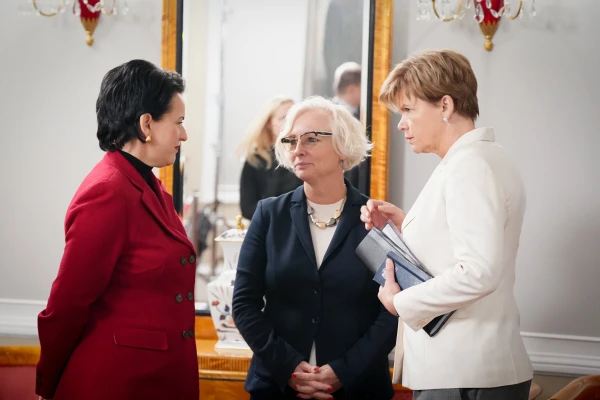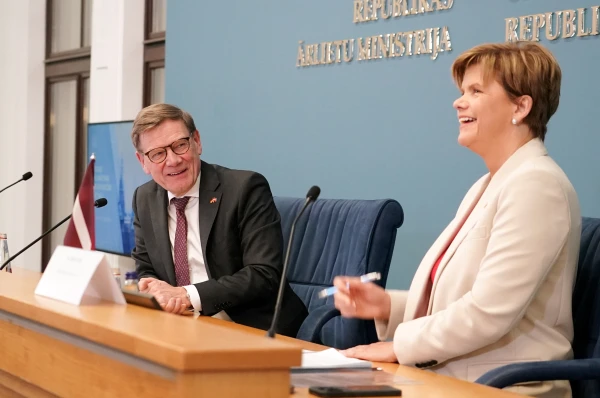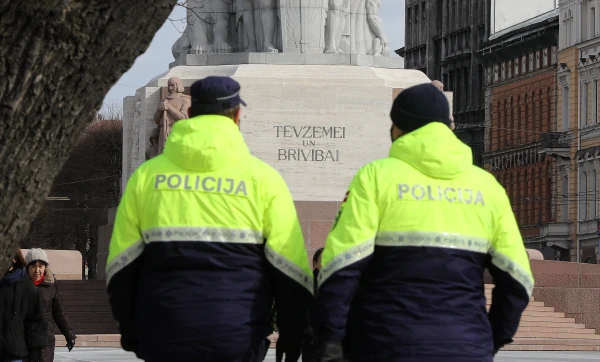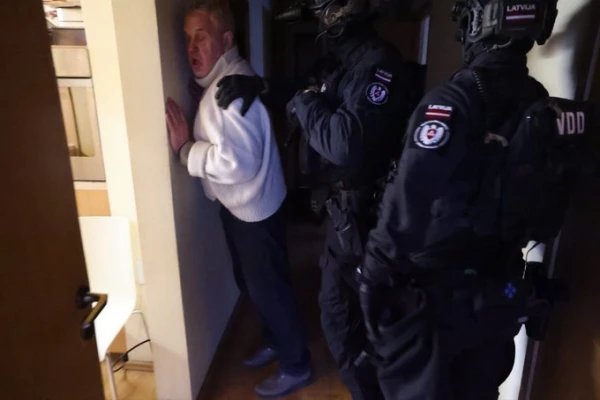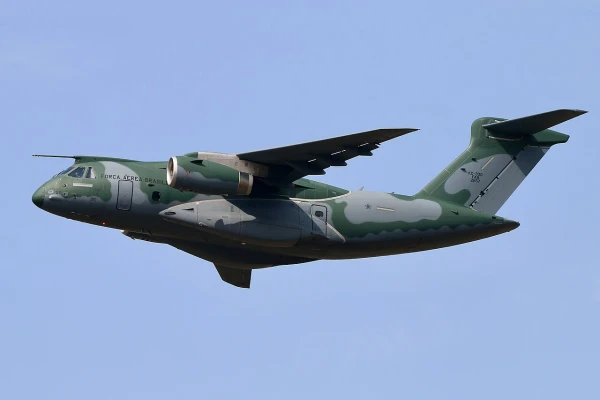
In the modern world, business can no longer be separated from national security, and borders, including those between continents, are becoming increasingly conditional as forces hostile to the democratic world unite in their desire to weaken the image of the West and its will.
This was stated by Jonathan Berkshire Miller, an expert in international relations, defense, and geo-economics, and co-founder of the Canadian consulting group Pendulum, in an interview with the LETA agency during the security and foreign policy forum "Riga Conference 2025."
"The world is no longer what it was 30, 40, 50 years ago, even 20 years ago, when trade and national security were separate spheres. Industry boundaries have been erased. I don’t want to claim that everything is now a matter of national security, but we no longer live in a world where everything was in its place, and national security was separate," Miller said.
He explained that it is becoming increasingly clear today that our adversaries, "especially the main ones — Russia and China," do not separate trade, energy, and investments from national security issues — for them, all of this is part of the same game.
Miller emphasized that the geographical boundaries between various international arenas are also blurred, with the most striking example being the participation of North Korean forces in combat operations in Europe, where they die in the name of the Russian regime, killing people in Ukraine.
"This is not what we expected from Russia's ties with some autocracies in East Asia. We are witnessing an increasingly close interconnection between areas such as trade and state security, as well as geographical ties, where the interests of the involved states may not fully align, as in the case of Russia and China, but they still help each other when it is beneficial," he noted.
According to the expert, Russia receives support despite China pretending not to participate in the war and not taking sides. At the same time, there is a reverse correlation — Russia is actively acting in the Asia-Pacific region, harming the interests of democratic countries such as Japan, South Korea, and Taiwan. Miller has no doubt that in the event of escalation, Russia will openly support China — this support will be akin to Chinese assistance to Russia.
"I think this criminal Russian regime has become much more candid; it no longer cares about its reputation. Russia is no longer trying to balance its relations with Japan or South Korea. If China needs something, Russia will provide it," the expert noted.
The co-founder of the Canadian group Pendulum also believes that the tools we have to prevent these threats are weakening and narrowing. "Yes, we have NATO — that’s great. We also have other organizations, the European Union, bilateral commitments. But the international communities that could combat these threats are weakening every day. Unfortunately, we are addressing whole groups of problems with limited resources," Miller noted.
He mentioned the UN, where two permanent members of the Security Council — Russia and China — use their positions for their own interests, and also pointed out the complicated relationships the US has with many allied countries.
The expert agrees that to some extent, a new Cold War has already begun. One of the challenges he identifies is the convergence of hostile forces. Although the interests of Russia, China, North Korea, and Iran differ, and their views do not always align, in the context of the new Cold War, they converge on several key aspects: the elites of these countries seek to preserve their regimes and remain wealthy and corrupt, which they believe can only be achieved by weakening the West.
"All of these countries have different relationships with the US, Europe, and Canada, but they are united in one thing: if they can weaken the image of the West, they can weaken the will of the West, and thus nothing can harm them. This is the fundamental principle by which they operate," Miller stated to the LETA agency.
Recent hybrid attacks in Europe are seen by him as part of a carefully calculated strategy to further blur the boundaries of what is acceptable.
"The goal of hybrid warfare is for the attacker to be completely unidentifiable and for their involvement to be questioned both within a particular state and within the alliance — in the media, think tanks, and among politicians. We start to ponder how to act if it turns out that Russia is behind this. Is this Article 4? Or Article 5? All of this is advantageous for them," the expert explained.
In his opinion, Russia, which is likely behind these attacks, does everything to maintain the ability to distance itself from what is happening, because it is important for them that the attacks cannot be directly linked to them — it is necessary to create the impression that there are doubts.
Miller agrees that such attacks help NATO countries to be better prepared for them.
"If we act correctly, we become more resilient to such attacks. But it is extremely important not to normalize such a situation. The more often something happens, the more we get used to it, and this cannot be allowed. This is the design of Russia. We cannot allow constant probing and violations of airspace. If this continues, we need to set boundaries and accept the consequences. We must be able to defend ourselves," emphasized the Canadian expert.
